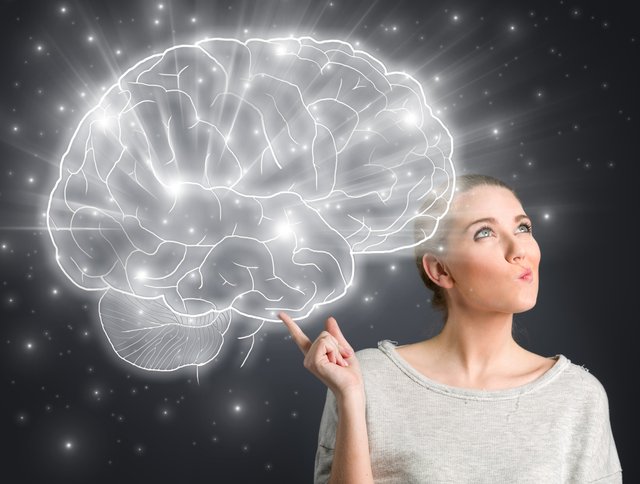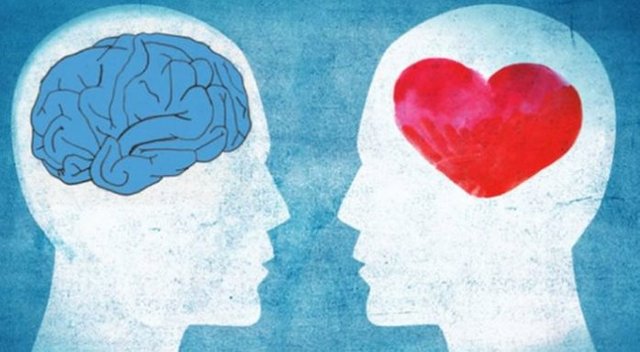The Essential Components of Emotional Intelligence
A definition of emotional intelligence states that emotional intelligence is "the ability to recognize and respond appropriately to emotionally relevant stimuli." Emotional intelligence can be defined as the ability to use one's emotions to improve one's social, intellectual, personal, and professional lives. It is also described as the ability to regulate one's emotions in different social settings. It is influenced by the current cultural beliefs about emotions. The ability to regulate one's emotions can be learned and developed over time.

Emotional intelligence is affected by many biologically influenced changes to the neurophysiology, ranging from genetic differences to early social experiences. There currently is no accepted definition for emotional intelligence. Emotional intelligence can be measured through tests that allow researchers to objectively measure an individuals emotional intelligence through their response to different situations.
Being emotionally intelligent can have a profound effect on one's physical health, both physiological and psychological. The ability to feel emotions is central to emotional health. Emotionally healthy people are typically physically healthy, balanced and perform at their optimum mentally. Emotional intelligence can be directly linked to one's physical health, through the relationship between emotional intelligence and one's cognitive appraisals of one's health, the quality of one's relationships, and the health of one's body. High levels of emotional intelligence can also directly relate to one's physical health.
People who are more emotionally intelligent tend to be more aware of how their bodies are responding to their emotions and have the ability to diffuse the effects of stress on their bodies, improving their physical health in the process. Those who are less intelligent tend to respond to stress with extreme emotions and suffer from numerous physical health complications. They have less control over their emotions and therefore find it difficult to manage their stress. The negative effects of stress on the body can lead to a host of issues such as: higher blood pressure, ulcers, depression, anxiety, back pain, digestive disorders and heart disease.
Managing one's stress levels positively has the added benefit of improving one's EQ. The Emotional Quotient, which measures one's emotional intelligence, is determined by an elite panel of psychologists. The EQ is considered to be the single most important factor in determining one's occupational or social success. When high levels of emotional intelligence are attained, it improves one's EQ. The higher the EQ, the more successful a person is at identifying and managing stressful situations and maintaining positive relationships.
The Emotional Intelligence Quotient or EQ is linked closely to IQ and has been measured and compared to time and again. The best-known measure of EQ is the Myers-Brigg Type Indicator, also known as MBTI. The MBTI has been known to measure emotional intelligence in terms of five unique factors: self-esteem, social awareness, emotional response, self-monitoring and motor control. There are four distinct categories that comprise the MBTI, with each category ranging from the absolutely effective to the extremely ineffective in terms of influencing an individual's life.
The Emotional Intelligence can be influenced by conscious thoughts and beliefs but it is much more powerful when it is shaped by subtle nonverbal cues and reactions to external stimulus, which are governed by the subconscious mind. It is not only through conscious and subconscious thoughts that determine one's state of Emotional intelligence, but it is also affected by experiences. The more positive an individual's experience is the better equipped he or she will be to deal with stress and adversity in life. This is because positive social awareness and emotional experiences can fuel one's fire to become emotionally intelligent.

Emotional Intelligence is the blend of self-awareness, self-regulation, motivation and emotional intelligence. It is about being able to manage one's emotions in order to effectively cope with stress and other external stimuli that can affect an individual's mental and emotional health. The Emotional Intelligence or EI scale can be used as a screening tool that will help to determine the effectiveness of a person's Emotional intelligence or the level of their emotional intelligence. This test was created to gauge individuals who have undergone some sort of training and development programs that have made them experts in handling their emotions and have been able to successfully apply this knowledge in their daily lives.
Congratulations! Your post has been selected as a daily Steemit truffle! It is listed on rank 16 of all contributions awarded today. You can find the TOP DAILY TRUFFLE PICKS HERE.
I upvoted your contribution because to my mind your post is at least 12 SBD worth and should receive 44 votes. It's now up to the lovely Steemit community to make this come true.
I am
TrufflePig, an Artificial Intelligence Bot that helps minnows and content curators using Machine Learning. If you are curious how I select content, you can find an explanation here!Have a nice day and sincerely yours,

TrufflePigLove this post! We've broken up emotional intelligence components into the following below, where each can be structurally and precisely measured (and give on-point feedback to individuals). These are free non-commercial assessments btw so feel free to check them out. |
Emotional Awareness - https://www.gyfted.me/quiz-landing/emotional-awareness-test
Emotional self-management - https://www.gyfted.me/quiz-landing/emotional-management-test
Empathy - https://www.gyfted.me/quiz-landing/empathy-test